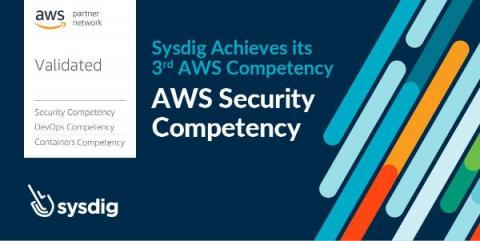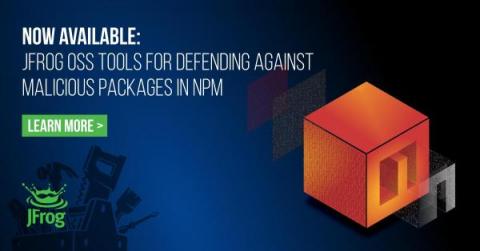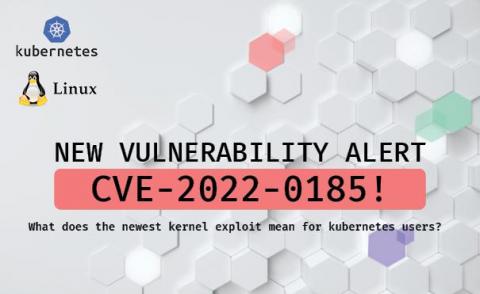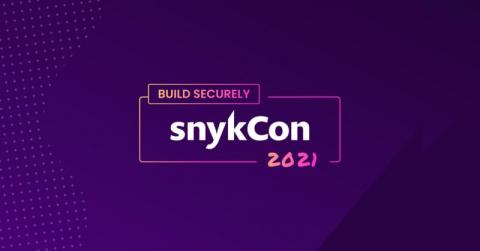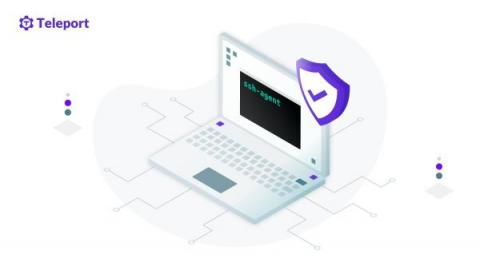Sysdig achieves AWS Security Competency
Sysdig today announced that it has achieved Amazon Web Services (AWS) Security Competency status. This crucial designation recognizes the value provided by the Sysdig Secure DevOps Platform to AWS customers to achieve their container and cloud security goals. As a key partner for the ecosystem, Sysdig collaborates closely with AWS and its customers to enhance the protection of cloud infrastructure and applications against continuously evolving security threats.


